T4K3.news
CAR-T therapy reaches Liverpool patient after relapse
A Liverpool mother begins CAR-T therapy after relapse of leukemia, following travel to Manchester for treatment.

A Liverpool mother with acute lymphoblastic leukemia undergoes chemotherapy and a stem cell transplant, then pursues CAR-T therapy after relapse.
Liverpool mom Finds hope in CAR-T therapy after long journey
Sharon Smith, a active mother from Liverpool, first sought help after an agonizing chest pain in April 2023. Doctors diagnosed acute lymphoblastic leukemia (ALL), a fast-moving cancer of the blood and bone marrow. Tests and a bone marrow biopsy confirmed the diagnosis, and she started chemotherapy at Clatterbridge Cancer Centre.
After a difficult transplant later in the year, Smith’s cancer returned in September 2024. She was accepted for CAR-T therapy, a cutting-edge immunotherapy that retools her own T cells to attack the cancer. Because CAR-T was not available in Liverpool yet, she travelled to Manchester for treatment. The journey involved about 34 miles each way and roughly 20 trips for consultations, cell collection, chemotherapy, infusion and follow-up appointments, plus a three-and-a-half week stay during the most intensive treatment phase.
The process required her cells to be collected, sent to a specialist lab to be engineered, and then returned for infusion after conditioning chemotherapy. After the therapy, bone marrow tests showed improvement and she remained hopeful for the future.
Key Takeaways
"I went from literally the worst time in life to feeling like I’d just won the lottery because there was a little bit of hope there."
Smith on finding hope through CAR-T therapy
"I felt really good after the stem cell transplant."
Smith about recovery after the transplant
"We were over and back about 20 times in all for consultations, cell collection, chemotherapy, infusion and follow-up appointments."
The travel and visit burden before CAR-T
"Her bone marrow biopsies and blood tests are looking good and she is hopeful for what the future will bring."
Current status after treatment
The story spotlights a real breakthrough in cancer care while also exposing the practical limits of access. CAR-T therapy offers a powerful option for patients who relapse, but its availability is concentrated in certain centers, forcing patients to travel for weeks or months. That burden complicates what should be a straightforward medical decision and underscores an equity issue in health care funding and infrastructure.
At a systems level, Sharon’s experience raises questions about how to scale advanced treatments without leaving patients to navigate long journeys and multiple clinics. The case suggests policy conversations about regional capacity, funding for high-cost therapies, and the logistics that turn a life-saving treatment into a long-haul commitment. For families, the emotional toll is high, blending bursts of relief with the fear of another setback. Yet the story also validates the potential of immunotherapy to change outcomes when conventional options fail.
Highlights
- Hope travels long distances to reach treatment
- Science gives a map while patients walk the miles
- Miles and appointments pile up yet relief can arrive
- A new therapy shines when traditional options fail
Access to CAR-T therapy raises concerns about healthcare equity
The article highlights the burden of traveling for treatment and the uneven availability of CAR-T across the region, signaling potential inequities in access to high-cost, specialized therapies.
As medicine advances, the challenge is ensuring speed and fairness for those who need it most.
Enjoyed this? Let your friends know!
Related News
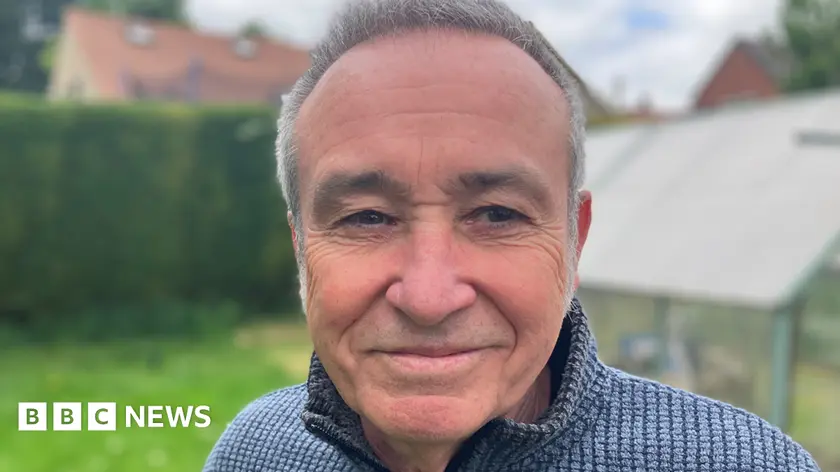
Stuart Downes celebrates successful lymphoma treatment

UK mum seeks life saving cancer treatment abroad after nhs funding gaps
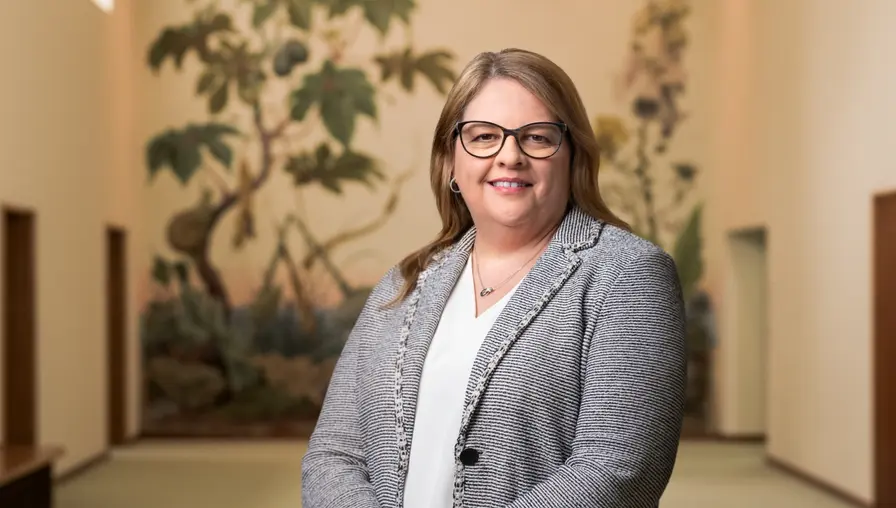
Roche reaffirms faith in future of gene therapies
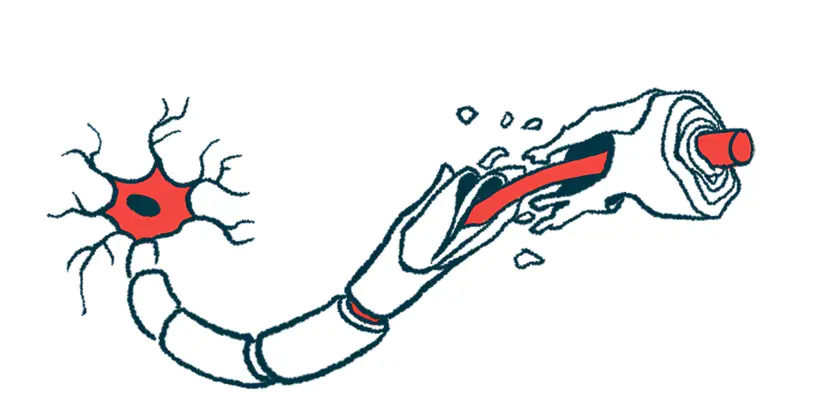
New analysis suggests drugs may repair myelin in MS
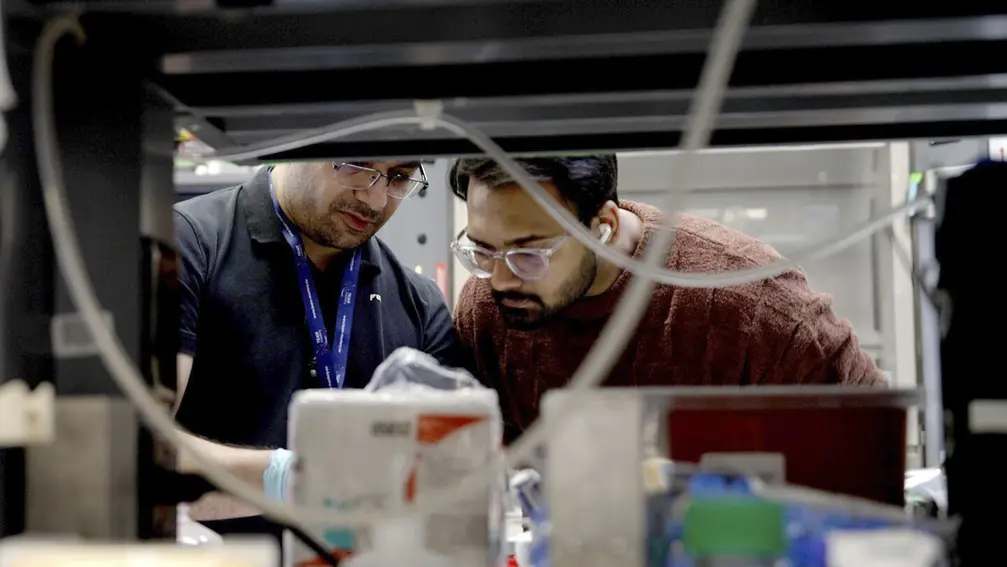
Job losses predicted due to research funding cuts
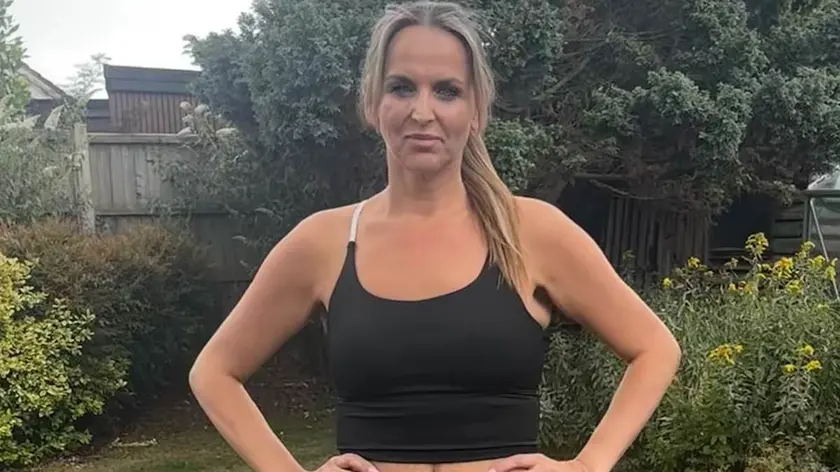
Mounjaro shows promise in reducing alcohol cravings

Mother fights to save her daughter from mental illness
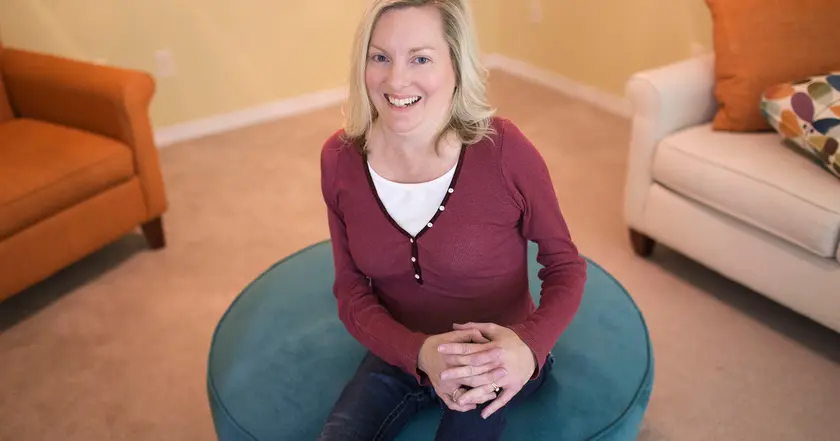
Remembering Jill Viles, a Pioneer in Genetics
